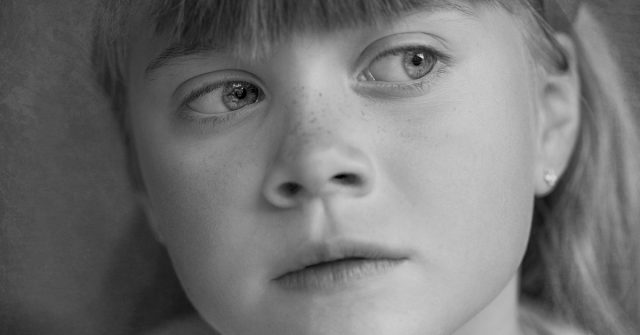According to the World Happiness Report, a survey which classifies 156 countries by how happy their citizens consider themselves to be, Denmark is among the top ten happiest countries globally.
The fact that empathy has been a compulsory subject in schools in Denmark since 1993 is a factor which contributes to the happiness of the Danes.
Empathy plays an important role in building relationships, succeeding at work, and preventing bullying. It also encourages the growth of entrepreneurs, managers, and leaders.
In Danish schools, “Klassens tid,” which is an empathy lesson compulsory for students aged 6 to 16 years, is an essential part of the curriculum. One hour a week is dedicated to this school subject and it’s as important as Mathematics or English.
During the class, students talk about their school and/or personal problems, and then the teacher, together with the entire class, tries to come up with a solution which is based on listening, empathy, and understanding.
If students don’t have any problems to talk about, they spend the time together enjoying hygge, a phenomenon that could be described as “intentionally created intimacy.” Since in Denmark it gets dark early in the year, hygge means developing a friendly, warm, and intimate atmosphere.
One of the ways students in Danish schools are taught empathy is through teamwork, in which the focus is not to have better results than the others, but to help those students that aren’t equally gifted.
In addition to being taught to help their classmates, students are taught to compete just with themselves. Schools in Denmark don’t give trophies or prizes to the students that excel in sports or in school subjects in order to avoid creating competition. Instead, students practice motivation and ways to improve, and they measure their skills and success only in relation to themselves.
Additionally, there’s collaborative learning, in which students with various strengths and weaknesses in various school subjects are brought together so as to encourage them to help each other while working together on different projects in class. In this way, students are taught from an early age that they can’t achieve success on their own.
Jessica Joelle Alexander, Danish parenting expert, cultural researcher, and author of the book The Danish Way of Parenting: What the Happiest People in the World Know About Raising Confident, Capable Kids, says:
“A child who is naturally talented in mathematics, without learning to collaborate with their peers, will not go much further. They will need help in other subjects. It is a great lesson to teach children from an early age, since no one can go through life alone.
“Many studies show that when you explain something to someone – like a math problem for example – you not only learn the subject much better than you would do by memorizing it yourself, but you also build our empathy skills which are further strengthened by having to be careful about the way the other person receives the information, and having to put oneself in their shoes to understand how learning works.”
Finally, we can conclude that learning empathy in school gives joy and satisfaction to children in Denmark, and it prepares them to grow up into responsible, empathetic, and happy adults.


